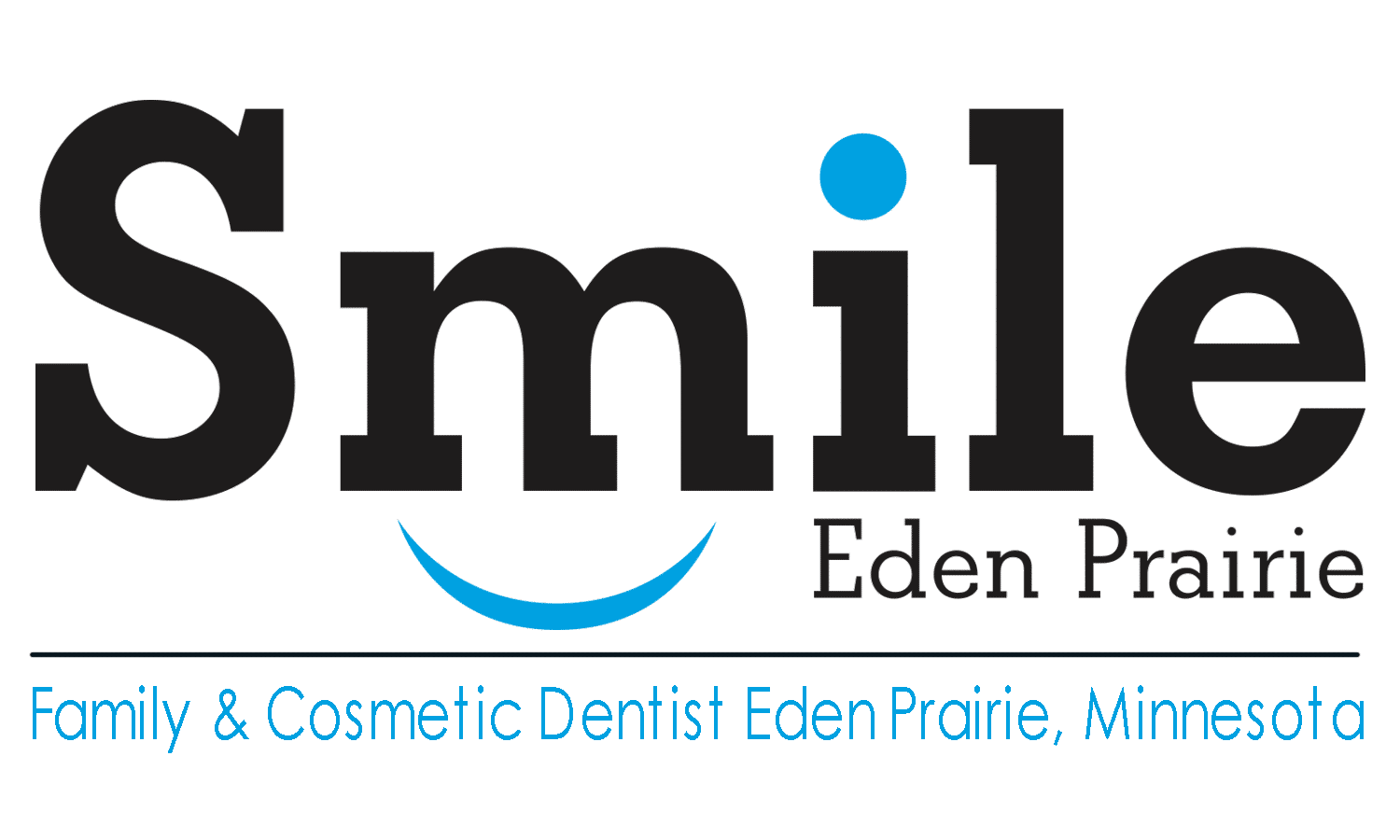What are dentures, and how do they work?
If you have one or more missing teeth that you would like to have replaced, you might be a candidate for dentures eden prairie. Dentures are removable dental appliances made to fit the exact shape and contours of your mouth, with pre-installed composite teeth that fill in those that are missing. They are one of three main options for replacing missing teeth – bridges and implants are other options - and are an excellent choice for anyone who would prefer not to go through the more involved processes of having a bridge or dental implants installed. They are a custom-made, economical option, and there are also various types of dentures to choose from.
How many kinds of dentures are there?
There are two main kinds of dentures – full and partial. While full dentures can replace a full mouth of missing teeth, partial dentures are used when there are some missing teeth to be replaced but also a number of healthy teeth remaining. There are also some important differences in design. Full dentures are composed of an acrylic base that covers the entire surface of your gums. On upper dentures, the acrylic base also covers the roof of your mouth, while lower dentures are designed to only cover the gums themselves, leaving an empty space so that your tongue isn’t impeded by the appliance. The acrylic base area of partial dentures is smaller, covering only the areas where missing teeth are being replaced.
Depending on the amount of time that has passed since your teeth have been lost or removed, you might opt for either a conventional full denture or an immediate full denture. A conventional full denture is used when the teeth were lost or removed some time ago and healing of the tissues in that area are complete. Immediate full dentures can be used immediately after teeth have been removed, before the tissues have healed. When a dental surgery including tooth extraction is planned, some choose immediate full dentures for replacement immediately following extraction so that they do not have to experience a period during which the missing teeth are visible. While this is a benefit that many clients appreciate, the fact that healing processes have not taken place when impressions for immediate dentures are taken means that the dentures first utilized will have to be reshaped or “relined” several months after first use, as the affected bone and surrounding teeth will shift to accommodate the loss during the healing process. For this reason, the dentures won’t fit quite as they did in the initial days, and relining restores the custom fit.
A partial denture, as described above, is designed to replace less teeth and thus lacks the full acrylic base that full dentures utilize. Because partial dentures are partially supported by other teeth, they are smaller and designed to fit into place using a thin metal framework that rests in front of existing teeth. Partial dentures are streamlined and use minimal materials and can serve as an economical and low-maintenance alternative to a permanent bridge.
What else should I know about dentures?
While both full and partial dentures are a good choice for many reasons, there is an adjustment period to be aware of. Like so many other changes in life, getting used to having a dental appliance in your mouth will take some getting used to. It gets easier with time! While your new dentures may feel somewhat uncomfortable or awkward for the first few weeks or months, most users become accustomed to them with time. The muscles in your mouth will need to adjust and adapt to learn how to work with this new part you. For this reason, you’ll want to choose foods that are easy to chew while you’re getting used to your new dentures.
There are also some things to know about their long-term care and maintenance. Both full and partial dentures are meant to be worn during the day but not the night, during which time they should be removed and soaked in a cleaning solution to keep them fresh and clean (soaking them in cleaning solution or cool water when they’re not in use also keeps them from drying out). You’ll also want to brush them daily, to remove the food and plaque that accumulates on them. You should be careful not to drop them, as they can break. If you do have an accident with your dentures and find that they are chipped, cracked, or damaged in any other way, be sure to see your dentist right away, as s/he is the only person who should attempt repair of your dentures.
Over time, normal wear and the structural changes that take place in your mouth will necessitate some reshaping or “relining” of your dentures. This is normal maintenance and will be done by your dentist. You should continue to practice good oral hygiene and follow up with annual visits to your dentist to ensure the health of your gums and existing teeth, during which time the “health” of your dentures will also be assessed. While dentures are not without some upkeep, they are long-term tooth replacement solutions that many find to be the perfect solution to the problem of missing teeth. Call your dentist today to talk about how dentures might work for you!
More on Dentures : Types of Dentures
